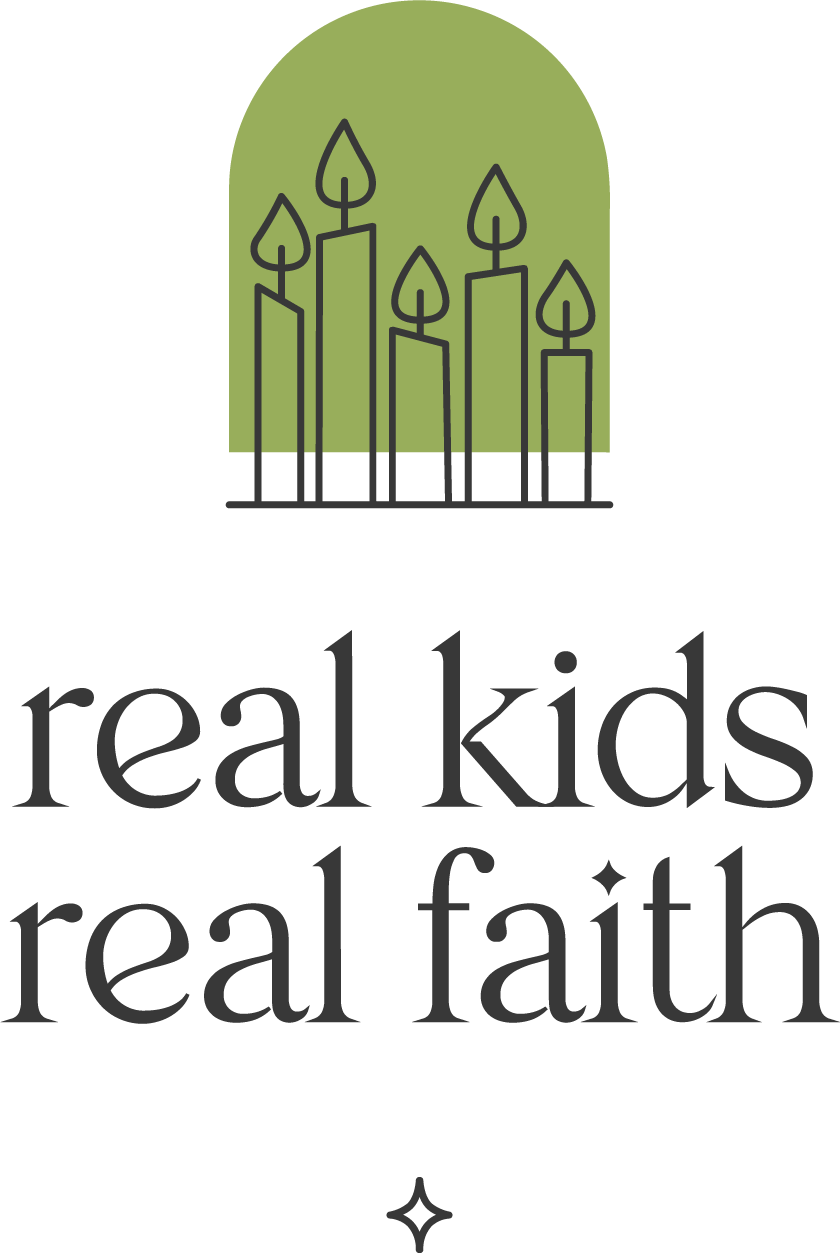Seven candles stand tall in a kinara, ready for lighting. Their number and colors (red, black, and green) suggest this is not a Hanukkah celebration. Instead, it’s a younger holiday: Kwanzaa.
Founded in 1966, Kwanzaa celebrates African American and Pan-African identity and culture. Families light candles, tell stories, and reflect on Nguzo Saba (seven principles) from December 26th through January 1st. The festival culminates with feasting and sharing handmade gifts.
Invite children to explore the meaning of the Kwanzaa’s central values with one or more of these activities:
Celebrate Umoja (unity) by recognizing ‘expanded’ families. Suggest that children create a family photo album (on paper or a device) that includes non-relatives they consider honorary family members. As they work, encourage them to share stories about why these individuals are important to them.
Exercise Kujichagulia (self-determination) by creating a ‘future self’ portrait. Wonder with children about the people they hope to be or the things they want to accomplish in the coming year. Invite them to draw an image of themselves that incorporates pictures, symbols, and colors reflecting their hopes and goals.
Practice Ujima (collective work and responsibility) by planning and preparing a meal together. Encourage children to identify and divvy up various responsibilities: grocery shopping, setting the table, preparing different parts of the meal, and cleaning up afterward. Work side-by-side, encouraging each other’s best efforts, and then enjoy your feast together.
Pursue Ujamaa (cooperative economics) by practicing helpfulness. Ujamaa means using our talents and energy for the benefit of all. Brainstorm with children things they can do to help other community members, such as donating outgrown clothing, doing yard work for an elderly neighbor, or distributing flyers about free healthcare. Encourage kids to pick an idea and follow through within 24 hours.
Explore Nia (purpose) by promoting common values. Invite children to create a poster that reminds their community to be a place where all people flourish. Encourage them to think about specific values that contribute to that goal. Then suggest that they post their sign in a window or put it on a stake in their yard.
Awaken Kuumba (creativity) by making zawadi. Typically given on the final day of Kwanzaa, these handmade gifts represent the love, values and wisdom shared among generations. Encourage children to create a handmade gift for someone. They might weave friendship bracelets from colorful threads and beads, decorate a treasure box, or design a simple game.
Experience Imani (faith) by honoring ancestors. One Kwanzaa ritual involves passing around a Kikombe cha Umoja (unity cup) and pouring out water (or other liquids) in remembrance of the dead. Invite children to name family members, friends, or historical figures whom they would like to honor. Suggest that they share stories about their choices as you pour water from a cup into four bowls, representing the four directions (north, south, east, west).

Comments